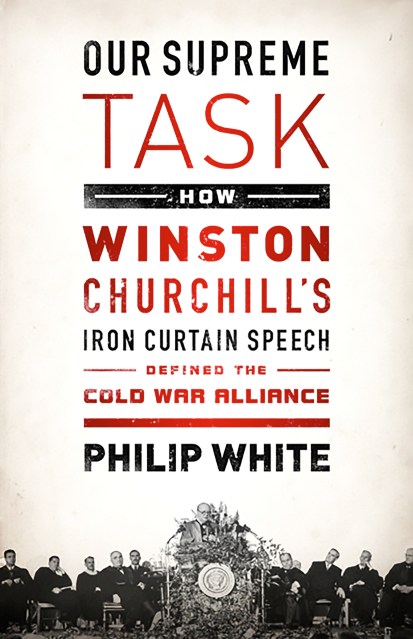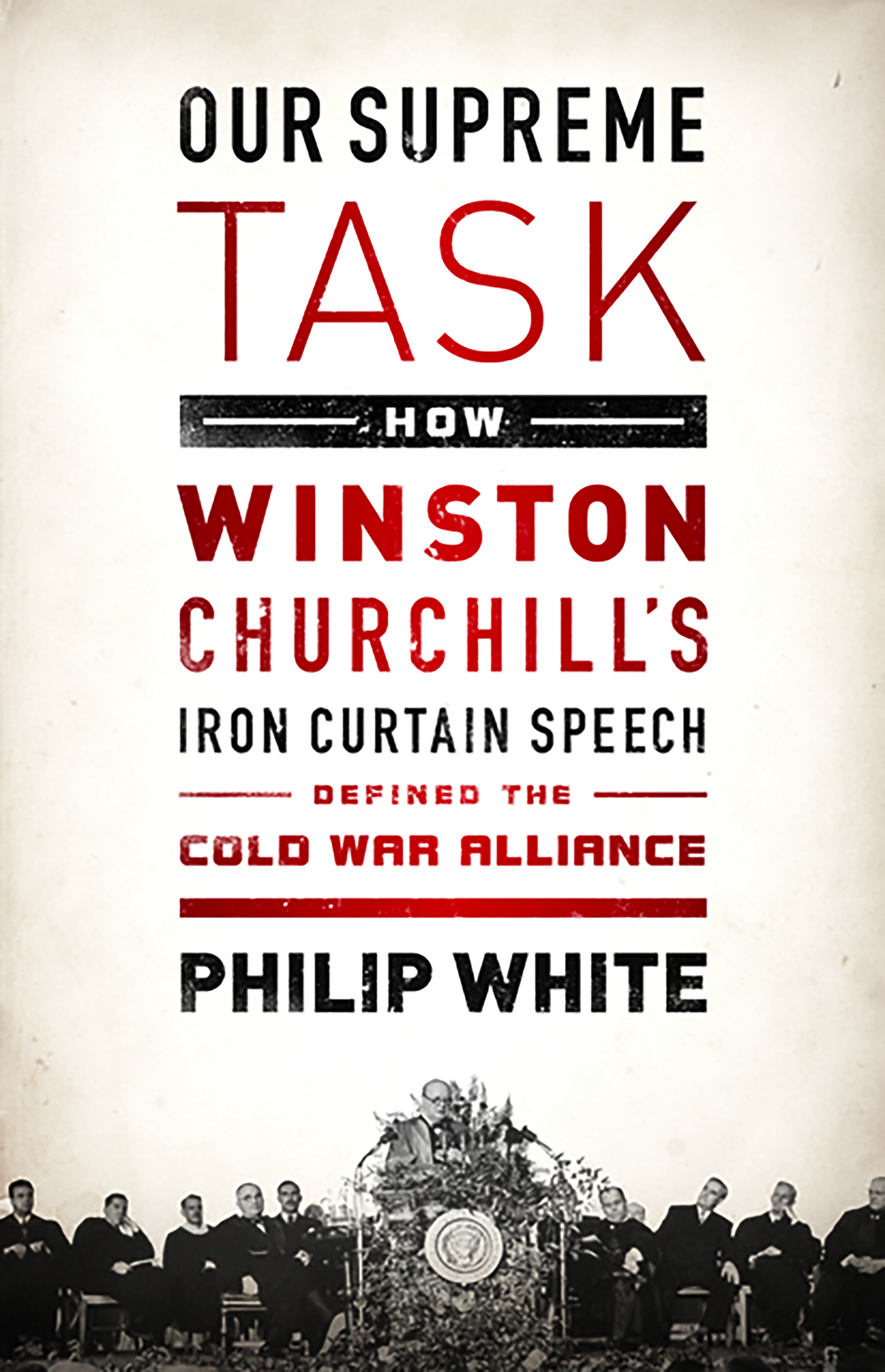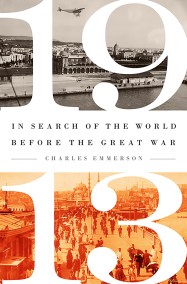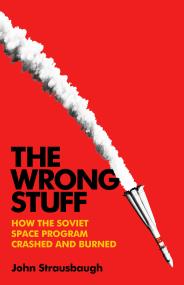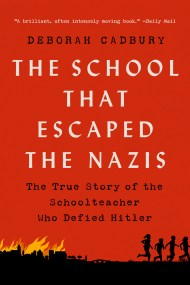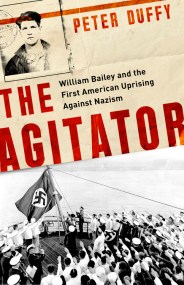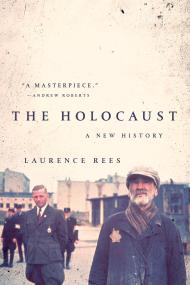Promotion
Use code CYBER2024 for 30% off sitewide + free shipping over $30
By clicking “Accept,” you agree to the use of cookies and similar technologies on your device as set forth in our Cookie Policy and our Privacy Policy. Please note that certain cookies are essential for this website to function properly and do not require user consent to be deployed.
Our Supreme Task
How Winston Churchill's Iron Curtain Speech Defined the Cold War Alliance
Contributors
By Philip White
Formats and Prices
Price
$21.99Price
$28.99 CADFormat
Format:
- Trade Paperback $21.99 $28.99 CAD
- ebook $11.99 $15.99 CAD
This item is a preorder. Your payment method will be charged immediately, and the product is expected to ship on or around March 5, 2013. This date is subject to change due to shipping delays beyond our control.
Also available from:
Having spent his “wilderness years” in the late 1930s warning of the dangers of diplomatic and military weakness and the growing menace of Nazism, in 1946 Churchill made a trip to Fulton, Missouri, to deliver a speech entitled “The Sinews of Peace” — now known as the Iron Curtain Speech — which served to fundamentally define the dangers of Soviet totalitarian Communism. This is the story of that pivotal speech and how it came to be given, and a portrait of the irrepressible man who delivered it.
Genre:
-
Kirkus Reviews
“The genesis, occasion and aftermath of what Winston Churchill unhesitatingly called ‘the most important speech of my career'…. White fully reproduces the address and reminds us that Churchill's call for increased Anglo-American solidarity in the face of Soviet aggression was not particularly well received… Today, we remember it as ‘one of the defining statements of the twentieth century.' White's at his best painting the small scenes in the background of the event: Churchill's construction of the speech as he sunbathed and painted, the whiskey and poker-fueled train ride with Truman to Missouri and especially the frantic preparations for the big day by Westminster and Fulton officials, including the charismatic college president who conceived of the long-shot invitation to a world figure who unexpectedly said yes. A small slice of history charmingly retold.”
Newark Star-Ledger
“[An] absorbing reconstruction of events leading up to Fulton's fifteen minutes of fame…. White shines a warm and winning spotlight on rural postwar America as he describes the hamlet's feverish preparation to host the leader.”
Commentary
“The background and analysis White offers are valuable.” -
Andrew Roberts, author of The Storm of War
“Winston Churchill thought his Iron Curtain speech the most important of a long and stormy career that was studded with vital speeches; it was certainly one of his bravest. Philip White has recreated the eight months between the Potsdam Conference at the end of World War II and the world-changing events in Fulton, Missouri, with impressive scholarship, a sure narrative skill and a fine eye for telling detail.”
John Lukacs, author of A New Republic: A History Of The United States In The Twentieth Century
“I read Our Supreme Task with considerable care and I recommend it emphatically. There is now an enormous literature about the Cold War but very little about how it actually came about and almost nothing about this address. This book fills the gap.”
Nile Gardiner, Ph.D., Director, Margaret Thatcher Center for Freedom
“Philip White has lovingly produced a detailed yet eminently readable account of Churchill's speech in Fulton, Missouri, in 1946. White shows not only how the great British statesman crystallized in word and image the perilous divide between democratic west and communist east, but also how one speech defined an era, and how it continues to inspire today.”
- On Sale
- Mar 5, 2013
- Page Count
- 304 pages
- Publisher
- PublicAffairs
- ISBN-13
- 9781610392433
Newsletter Signup
By clicking ‘Sign Up,’ I acknowledge that I have read and agree to Hachette Book Group’s Privacy Policy and Terms of Use
